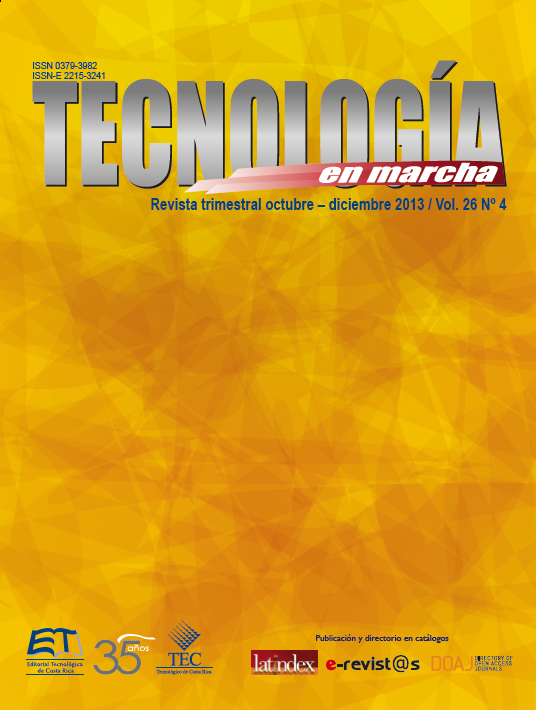Theoretical aspects to consider for the generation of a non formal participative model of environmental education orientated towards the protection and conservation of the wetlands Bañó and Los Negros, Colombia
Main Article Content
Abstract
The existing environmental problems in the wetlands of Bañó and Los Negros are the result of the anthropic pressures to which they have been submitted; in the absence of cultural environmental ones, their inhabitants have spoilt present day ecosystems. In response to this, one of the four instruments of environmental management is applied, environmental education; understood as a systemic process that, based on the reflexive and critical knowledge of biophysical, social, political, economic and cultural realities, allows the individual to understand relationships of interdependence with his or her environment. Considering the previously mentioned above, a debate of theoretical aspects that could be included at the moment of proposing a non formal participative model of environmental education is intended, in order to respond to a series of basic questions that bring theoretical contributions to mind such as andralogical education, constructivist and significant learning, systemic interdisciplinary approaches, interpretive communities, the incorporation of values and environmental attitudes, and action–participation methodologies such as a participative survey. In the same way, the population, object of study, is integrated by adult persons whose ages range from 20 to 55 years and who possess a series of previous knowledge of their environment. As a conclusion, the development of a territorial diagnosis that allows for a true valuation of the area of study is considered a priority which will make it possible to identify the factors that are influencing environmental deterioration, and therefore also determine the pedagogic basis and central elements needed for the generation of a pedagogic environmental model.
Article Details
Los autores conservan los derechos de autor y ceden a la revista el derecho de la primera publicación y pueda editarlo, reproducirlo, distribuirlo, exhibirlo y comunicarlo en el país y en el extranjero mediante medios impresos y electrónicos. Asimismo, asumen el compromiso sobre cualquier litigio o reclamación relacionada con derechos de propiedad intelectual, exonerando de responsabilidad a la Editorial Tecnológica de Costa Rica. Además, se establece que los autores pueden realizar otros acuerdos contractuales independientes y adicionales para la distribución no exclusiva de la versión del artículo publicado en esta revista (p. ej., incluirlo en un repositorio institucional o publicarlo en un libro) siempre que indiquen claramente que el trabajo se publicó por primera vez en esta revista.

